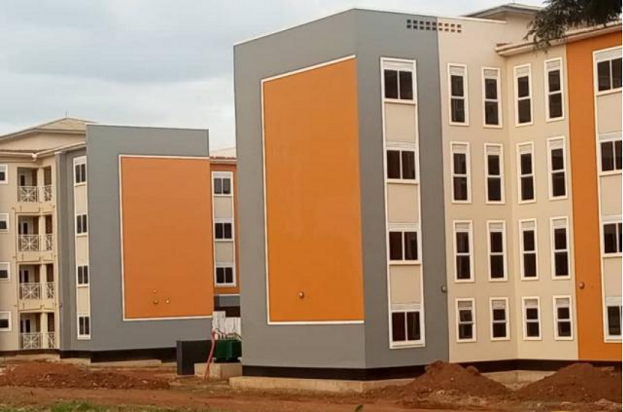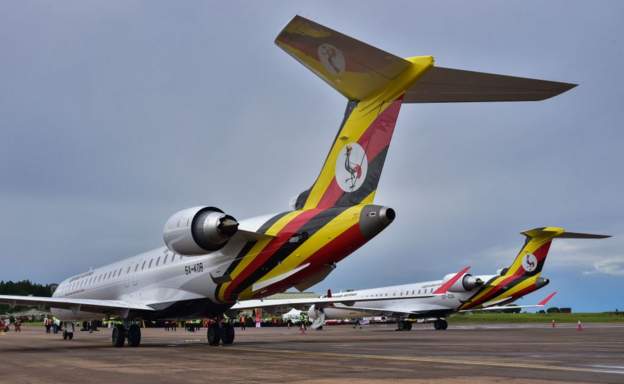The African Development Bank has launched a new initiative to support and develop homegrown solutions to the debt challenges that countries on the continent are facing.
Dubbed the African Debt Managers Initiative Network (ADMIN) developed by the African Development Institute, the initiative aims to provide tailored and home-grown solutions to the continent’s debt challenges, according to AfDB Director Coulibaly Abdoulaye.
The inauguration and first peer learning event took place in Addis Ababa under the theme: Developing and Deepening Domestic Debt Markets in Africa. The meeting noted that despite the numerous moves taken by the international community to ease Africa’s debt burden, the challenge is escalating, hence the need to find local solutions.
Abdoulaye says that the network would also strengthen the debt management capacity of officials and institutions to rapidly resolve the debt challenges they face, restore macroeconomic stability and support inclusive growth, as well as promoting the exchange of experiences among debt managers in regional member countries.
ADI Director, Eric Ogunleye, said that the growing financing needs for infrastructure development, poverty reduction, mitigating climate change, and tackling insecurity are driving African countries to increase their borrowing, further increasing debt vulnerability.
On the other hand, rising debt vulnerability and weak debt management capacity in many countries have continued to worsen macroeconomic outcomes and hamper effective policy responses to shocks, exacerbating debt distress in some countries.”There is, therefore, a growing need to strengthen debt management capacity in African countries,” Ogunleye told participants.
“As of 30 April 2024, of the 38 African countries for which debt sustainability assessment data are available, 13 countries are at high risk of debt distress and 6 are already in debt distress, ” says Ogunleye.
Ghana, Malawi, Congo Republic, Sudan, Zambia and Zimbabwe are said to be in debt distress or unable to pay their debts, according to the IMF and World Bank.
Those at a high risk of falling into distress are Burundi, Cameroon, Central African Republic, Chad, Comoros, Djibouti, Ethiopia, Gambia, Guinea Bissau, Kenya, Mozambique, Sierra Leone and South Sudan, as at April 2024.
A larger share of African debt is now owed to external bondholders and creditors outside the Paris Club who deal directly with debtor countries.
This high-cost debt imposes a significant burden of debt servicing on African countries averaging 18 percent of total government revenue, Ogunleye explained.The meeting stressed that developing an African domestic debt market has been identified as a way in which the continent can develop cheaper and more stable sources of debt financing for its many development needs.
Johan Krynauw, former Director of Debt Management at South Africa’s National Treasury, encouraged African countries to work more closely together to promote knowledge-sharing and support each other on debt management issues.
“In recent years, there have been many institutional initiatives from outside the continent to help African countries. The question is always why it did not work, and why we still have public finance and debt management problems today,” says Krynauw.
“Context matters and we need to find solutions to local problems. That was one of the reasons the initiative was created for public debt managers in Africa to work together. The question has always been where African debt managers can work together,” added Krynauw.
-URN





